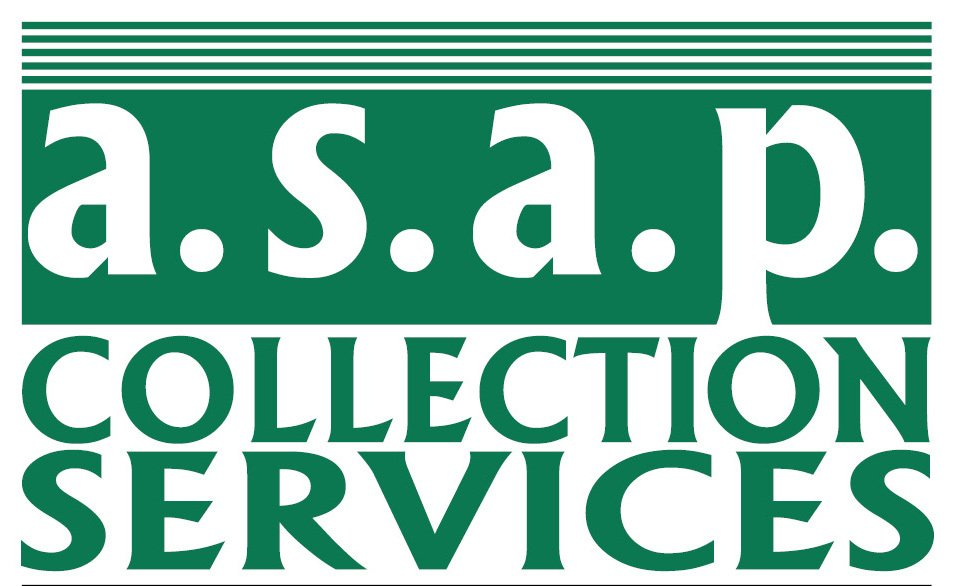Don't Step Over Dollars to Chase Pennies!
Don't Step Over Dollars To Chase Pennies!
One of the biggest mistakes a board of directors can make is not recording a lien against the property of an owner that is delinquent in paying their assessments.
Many do not realize that assessments without a lien are just an unsecured personal obligation of the owner and have no real collection value like pennies. However, when the assessments are protected by a recorded lien, they become a secured debt against the property which dramatically increases the collection value to dollars!
Understandably, board members want to be compassionate and assist owners in getting back on track with their assessments however, they also need to protect their membership as a whole from uncollected or unsecured debt. The law allows Associations’ to do exactly that through the civil codes.
The civil codes allow liens to be recorded when a payment plan is needed and they also allow the Association to recover their cost of collection making it a win-win for all parties.
So where does the association begin?
They start with a good assessment collection policy. The policy is the go-to-document for the collection guidelines and should be based on current laws as well as the aAssociation’s Covenants, Conditions, and Restrictions (CC&Rs). They then need to consistently follow the policy against all owners to eliminate delinquencies from getting out of control, the smaller the debt the easier it is to collect.
With A Lien
- Recorded in the County recorder’s office
- Visible to the public
- Secures the debt to the property until paid in full
- Classifies the Association as a secured creditor in a bankruptcy
- Considered an encumbrance on the property’s title report making it visible to escrow and lenders
- Paid through sale and refinance transactions to clear the encumbrance
- Qualifies the debt as an eligible claim against excess proceeds that remain after a lender foreclosure
- Benefits the membership as a whole, when ALL members pay their share of the debt
Without A Lien
- Nothing is recorded in the County recorder’s office
- The debt is invisible to the public
- The debt is unsecured while being paid over months or even years
- Classifies the Association as an unsecured creditor in a bankruptcy
- The debt is not reported on the property’s title report making it invisible to escrow and lenders
- The debt may not be paid through a sale or refinance transaction since there is no encumbrance
- Disqualifies the debt as an eligible claim against excess proceeds that remain after a lender foreclosure
- The membership as a whole is at risk of paying for any individual owners’ debt that is NOT collected
Bottom line, don’t step over dollars to chase pennies - it doesn’t make financial cents!
Civil Code §5665. Payment Plan
(d) Payment plans shall not impede an association’s ability to record a lien on the owner’s separate interest to secure payment of delinquent assessments.
Civil Code §5650. Debt of Owner
(a) A regular or special assessment and any late charges, reasonable fees and costs of collection, reasonable attorney’s fees, if any, and interest, if any, as determined in accordance with subdivision (b), shall be a debt of the owner of the separate interest at the time the assessment or other sums are levied. (b) Regular and special assessments levied pursuant to the governing documents are delinquent 15 days after they become due unless the declaration provides a longer time period, in which case the longer time period shall apply.
Beverlee Gordon is the Director of Operations and founder of A.S.A.P. Collection Services, a collection service that specializes in California common interest developments, homeowner associations, property owner associations, and commercial & industrial CIDs.
A.S.A.P. is the leader in innovative pre-collection payment plan options that are not only cost-effective, but also show owners that their board members and management team care about financial hardships and protecting the membership from additional financial burdens.
AS PUBLISHED IN MARCH 2021
ECHO – Executive Council of Homeowners
5669 Snell Avenue, #249
San Jose, CA 95123 (408) 297-3246

Business Hours:
Monday - Friday
8:30 a.m. - 4:00 p.m.
Closed 12:00 p.m. – 1:00 p.m.
Location:
6980 Santa Teresa Blvd, Suite 150
San Jose, CA, 95119
Trustee Sale Information:
All Rights Reserved | A.S.A.P. Collection Services, LLC.




